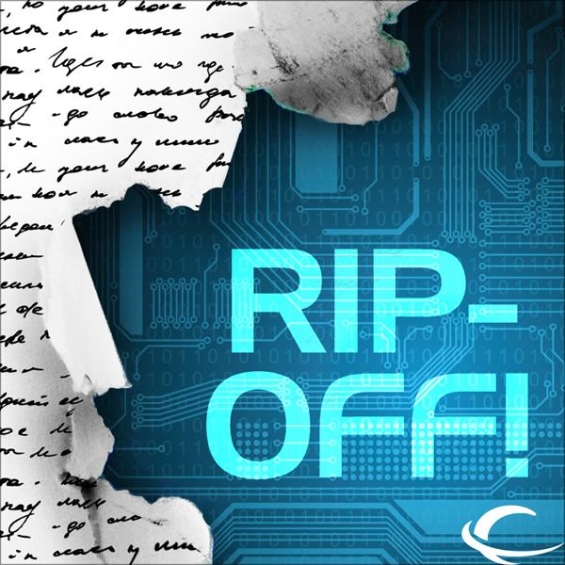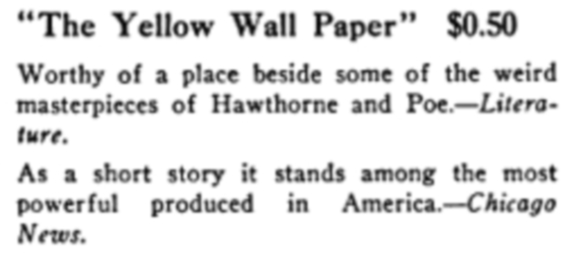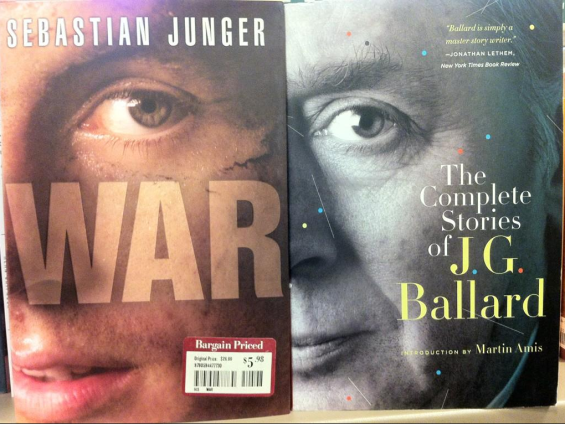

 The SFFaudio Podcast #484 – Jesse, Paul, Marissa, Luke Burrage, and Evan Lampe talk about The Lathe Of Heaven by Ursula K. Le Guin
The SFFaudio Podcast #484 – Jesse, Paul, Marissa, Luke Burrage, and Evan Lampe talk about The Lathe Of Heaven by Ursula K. Le Guin
Jesse, Paul Weimer, Marissa VU, Luke Burrage, Evan Lampe
Talked about on today’s show:
Amazing Stories, March and May 1971, the 1970s, the 1980s, the 1990s, the best way to be right more often is to change your mind a lot, different futures, eerily close in some ways, the opposite of this book is Nancy Kress’ Beggars In Spain, questions vs. answers, immoral vs. nice, a very evil book, some facts about sleep, lack of sleep, eliminating sleep, a horror show, Randian superhumans, robots, being robots who grind other humans into powder, A.E. Van Vogt, when fans are slans, not as a science fiction but as a fantasy book, Philip K. Dick, scientific explanations, the aliens, a fantasy book about a guy dreaming science fiction, calling out science fiction in science fiction, Star Wars, Slaughterhouse Five by Kurt Vonnegut, the tropes of pulp science fiction, the 1980 TV adaptation, changes for changes sake, a good adaptation, the 2002 remake, they drop the “the” and the philosophical stuff, dying dream, WWIII, as he’s dying in a nuked Portland, Rumble In The Bronx, Mount Hood, volcanoes, Mount St. Helens, Mount Baker, how Mount Hood looms over the book, what makes it the classic that Jesse thinks it is, the first half vs. the back half, battling for control, the narrative goes off the rails because it’s needed, two bad utopianists, central planning, life goes on, Orr being passive, “George Orr” vs. “John If”, Haber is a verb, to express the existence of something, the perfect tense, future tense, Orr is wishy washy, using to perfect, cute, Lalashe, coward, an insect, a black widow spider, she click-clacked and snapped, changing reality, everyone’s skin colour goes grey, to have…or, the genie problem, The Monkey’s Paw by W.W. Jacobs, in imperfect dreamer, world peace (through war), no racism, overpopulation, internal vs. external, aliens ex machina, Georg Wilhelm Friedrich Hegel, from ideas to reality, dreams -> reality, nightmare -> reality, Avengers: Infinity War (2018), the historical context, Stand On Zanzibar, Make Room! Make Room!, The Population Bomb, Star Trek, The Mark Of Gideon, The Conscience Of The King, Malthusian worries, people as consumers vs. people as producers, did Le Guin by into it?, Orr bought into it, it’s all about power and checking privileges, a diploma on his wall, a button on his desk, turned into an asshole and a user, somebody to use, a tool, Immanuel Kant, means to an end, what if there is no end, all we have is the means, the categorical imperative, subscribing to a particular morality, Haber is gaslighting Orr, civil rights, the dynamic between Orr and his psychotherapist, if this was expanded out it would be a dystopia, mild punishment for drug crimes, mandatory therapy, a little bit Brave New World, protein rations, climate change, the end of chapter one, the GPRT drivers, people on basic support, pretending that starvation is scurvy, at least they have unions, pre-Ronald Reagan, the logo of the white hand and the black hand are shaking, the anti-war movement, the end of the ’60s, wish for peace on earth (get war in space), simplistic anti-war ideas, asshole vs. misguided, wasting time on means, the consent form, the abuses of hypnosis, hypnosis as a device, Robert A. Heinlein, experimenting on patients, he hides his assholishness, getting violent, rejecting the second reality, it ISN’T morally ambiguous, Haber is so real, evil in our reality, what actual evil people do, belligerence, Haber’s arrogance, who was responsible for killing 5/6th of the population, how the establishment is: satisfied with the way things are, everything is getting better and better for Haber, why people are confused about Haber being a bad guy is because Orr is confused, he’s not curing me he’s encouraging me, being evil is using someone as a means to an end, rationalizing for evil, lying, the most insidious evil shit, why people stay in abusive relationships, compulsory voluntary therapy, blaming himself, hypnosis vs. persuasiveness, he wants another doctor, he wants help, what a medical ethicist would say, anti-psychiatry thinking, modern Scientologists, Dick thought this true, he’s not a mad scientist, his science as a means, his ends are good, aren’t they?, he’s right to go to a lawyer, so subtle, not everyone sees, the subtlety of Le Guin vs. the hammer of Kress, the most Philip K. Dick novel by Le Guin, out Philip K. Dicking Philip K. Dick, Ubik, Maze Of Death, PKD vibes, PKD and Le Guin went to the same school, a staunch advocate of Dick, one of the best novels, we are in danger of breaking the book by taking it apart too much, how different it is from Dick, feeling like a Dick plot, there’s no humour in this book, insectoid clicky boobs with a chitinous sheen, of course its a horse, funny vs. jokes, the focus on the power dynamic as a horror, sympathy for a horrible dictator, talking about that horse, Philip means “horse lover”, how George Orr lives his life, the homosexuality, dope, very advanced, no fear of bisexuality, NOT problematic, a very 70s way of talking, a 21st century book, the radiation, set a little in the future, undoing problems, mutating, the psychology of the horse and the mountain, erupting, everything’s beneath the future, evidence looms large, right out the window, only when Orr becomes upset, running away to his cabin, triple crown, Tammany Hall, Boss Tweed, corruption, a horse of corruption, is Orr naming it in his dream?, if you don’t treat it as a simple fantasy, is Orr’s brain creating the backstory, choosing between different quantum futures, switching dimensions, how Haber explains it, what does he know?, he’s confabulating it, this is a book about dream, dreaming about this podcast, less LEGO than in the dream, absolutely necessary, completely mysterious, we’ve all had that feeling, angry at someone all day, waking up stressed out, what is the reality, Jesse is sometimes surprised to hear his own name, explaining away the painting, that is not normal, it used to be a view of Mount Hood, the influence of Dick, the power dynamic, The Man In The High Castle, when you read a Philip K. Dick book you can imagine him writing it with a smirk on his face, this feels more dignified, the Laozi, Zhuangzi, Taoism, H.G. Wells, the quotes, too many, so on the nose, the book is prescriptive, in what universe are these quotes relevant?, why isn’t Shakespeare talking about bug-people and aliens?, my pigtail points to the sky, buttocks into a cartwheel, freeing of the bond, accepting the life that comes to you, guiding the reader, breaking the fourth wall, spoiling the effect of the book, The Beatles, she was making it a “greater book” but “diminished it”, more subtle, the I Ching, the characters are learning from the quotes, had the quotes been changing…, “Shotgun Funeral”, the character list that’s messed up, Brandon Sanderson, a missed opportunity, Ubik, advertisements, influencing the characters vs. influencing the readers, look at all these cool quotes I found, “dream quotes”, doing a service, narrative thrust vs. narrative wander, Bertrand Watson, Margaret Killjoy, this is almost an H.P. Lovecraft stories about dreams, Hypnos, drug taking and dreams, a strain of Lovecraftian stories with the horrible machines, From Beyond, Tillinghast’s device, Eight O’Clock In The Morning by Ray Nelson, transparent skin, birds, gross!, Herbert West: Re-Animator, the lesser figure, the passive witness, the dreamer himself, reluctant fascination than actual inclination, the power of dreams, dreams written down, had H.P. Lovecraft written this novel, what’s missing from this book, what’s missing from this book: lucid dreaming, continuing the dream, watching two episodes of a TV series over the space of days, Luke’s lucid knife fight dream, narrative control, did I dream dreaming, George Orr was so wishy-washy, falling under Haber’s sway, spineless characters, weak men, too average, Idiocracy, the most average person, did he make himself the most average man in the world?, which was is the causation, personality inventories, gaslighting, the augmentor, he’d never actually given it any thought, the lay-word sane, your median, by the end of the novel he’s called an artist, he’s a draughtsman at the beginning, grabbing the world by our hands, a celebration of human agency, creativity, character growth, Sidewise In Time by Murray Leinster, living with the pieces, the opening paragraph from Hypnos, Baudelaire:
“Apropos of sleep, that sinister adventure of all our nights, we may say that men go to bed daily with an audacity that would be incomprehensible if we did not know that it is the result of ignorance of the danger.”
—Baudelaire.May the merciful gods, if indeed there be such, guard those hours when no power of the will, or drug that the cunning of man devises, can keep me from the chasm of sleep. Death is merciful, for there is no return therefrom, but with him who has come back out of the nethermost chambers of night, haggard and knowing, peace rests nevermore. Fool that I was to plunge with such unsanctioned phrensy into mysteries no man was meant to penetrate; fool or god that he was—my only friend, who led me and went before me, and who in the end passed into terrors which may yet be mine.
the audacity of this guy, we are gods, we are the creators of our own reality, dreams reveal truth, teaching things we shouldn’t know about ourselves, terror about knowledge, The Case Of Charles Dexter Ward, Thomas Ligotti, an early pioneer in a horror people don’t want to know about: science is true, the comfort of ignorance, melancholy characters, The Dispossessed, the novel is not about that, power relations, conversations where someone is playing a game, handcuffed together, it’s almost like they’re married, why change the lease 33 year lease to a 10 year lease, the age at which Christ died, no resonance, credited as a consultant (not a scriptwriter), Luke would give it 3.5 stars, the lips within the curly beard, then this world will be like heaven and the men will be like gods, the other paid no heed, volcanoes emit fire, fascinating, he has the beard, we are already (like gods), we can already do this, Le Guin is very good at not telling but indicating the direction, signposts on the road, course correcting, why Jesse loves Philip K. Dick, he always doesn’t give you what you want, the setup, Lester Del Rey, designed while it was being written, Jesse has four copies of The Left Hand Of Darkness, when you think of Le Guin this isn’t the book you think of, a step below greatness, the author is visible, here are the ideas I’m playing with, psychiatry as the mains science of the book, Gateway by Frederik Pohl, psychiatry is less science than economics (the dismal science), how primitive psychotherapy worked in the 1970s, A.I. super-intelligence, turned into paperclips, the greatest good for the greatest number, humans into widgets, anti-utilitarianism, how Orr is upset when his girlfriend is gone, not black and not white, it’s worth it, grey not pink not purple, pink dogs, Loving vs. Virginia, she’s not scoring points, a lot of books seem to think they’re the ones who invented being cool, I wanted to show a lot of diversity, rainbow unicorns, representation is overstated, go for ideas, a response to race as a problem, racism is historically contingent, 17th century, let’s talk about this a bit more, slavery, Doctor Futurity, breaking up into new clans, clans are a real thing, speciation, mountain lions and valley lions, family behavior, SNCC, integrationist model for overcoming racism, to solve racism by making everyone the same colour, if he was a PKD protagonist, why the genders are the way they are, Orr was a woman (never mind), the secretary/assistant, the aunt that gets deleted in the first dream, a retcon?, sexually predating on her own family, if Orr was a woman and that was an uncle…, exploring sexuality in other books, Orr had to be a male, male manipulation of women, Lalashe, the most PKD character, starts as a negative, a persona she can take it off, turtle shaped aliens, do they even have a planet?, allowing pink dogs to exist, reality will cover its tracks, when Evan is talking to his students, the origin of the prison, imagining alternative to prisons, the Romans didn’t have prisons, exiles, fines, crucifixion, it has always been this way, a historical invention, The Word For World Is Forest, weird side-bar, The Word For World Is Rainforest, back to PKD, a one sentence defense of utilitarianism, critical of bad and stupid utilitarianism, defer to John Stuart Mill, the problem of the pleasure wizard, Jesse thinks of himself of as a pleasure wizard, think about kids, they haven’t read any books, or seen any movies, you’re going to watch Snow White, god-like power, children are not best able to marshal resources, The Good Place, Kristen Bell, Ted Danson, way cleverer than Jesse thinks, Jesse hates the word spoiler, Jesse doesn’t trust people, “type it Paul!”, that’s cute, someone fools you it doesn’t mean they’re cleverer than you, intellectual journey, repetition, American Made (2017), Barry Seal, Hitler loses WWII is not a spoiler, is this Good Place better than Willa Cather?, time commitment, The Americans, look at it from the Soviet point of view, the ending was terrible because the bad guys were let go?, how we won World War II, the more you learn about the soviet end of the war, Canada boasts it had the second biggest navy in the world, gravitas, we can’t know, modern things, at the end of history, stagnating in place, the idea of the novel, historicity, podcast as a genre was completely unimaginable thirty years ago, still mysterious, how many music podcast are there?, it’s not a rights issue, Mr Jim Moon, The Lathe Of Heaven, With A Little Help Of My Friends, @SFFaudio “full film”, complete versions of non-public domain films, nobody cares, commercial concerns, podcast medium is fundamentally different, radio is almost all music, BBC is different, CBC is different, you have to keep it short, Joe Rogan’s three hour shows.





Posted by Jesse Willis
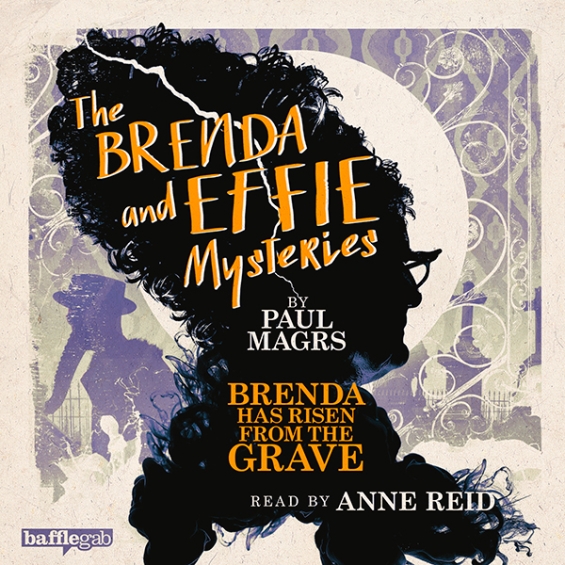

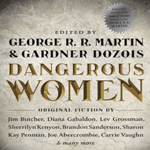 Dangerous Women: Stories
Dangerous Women: Stories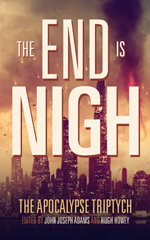 The End is Nigh (Apocalypse Triptych #1)
The End is Nigh (Apocalypse Triptych #1)
